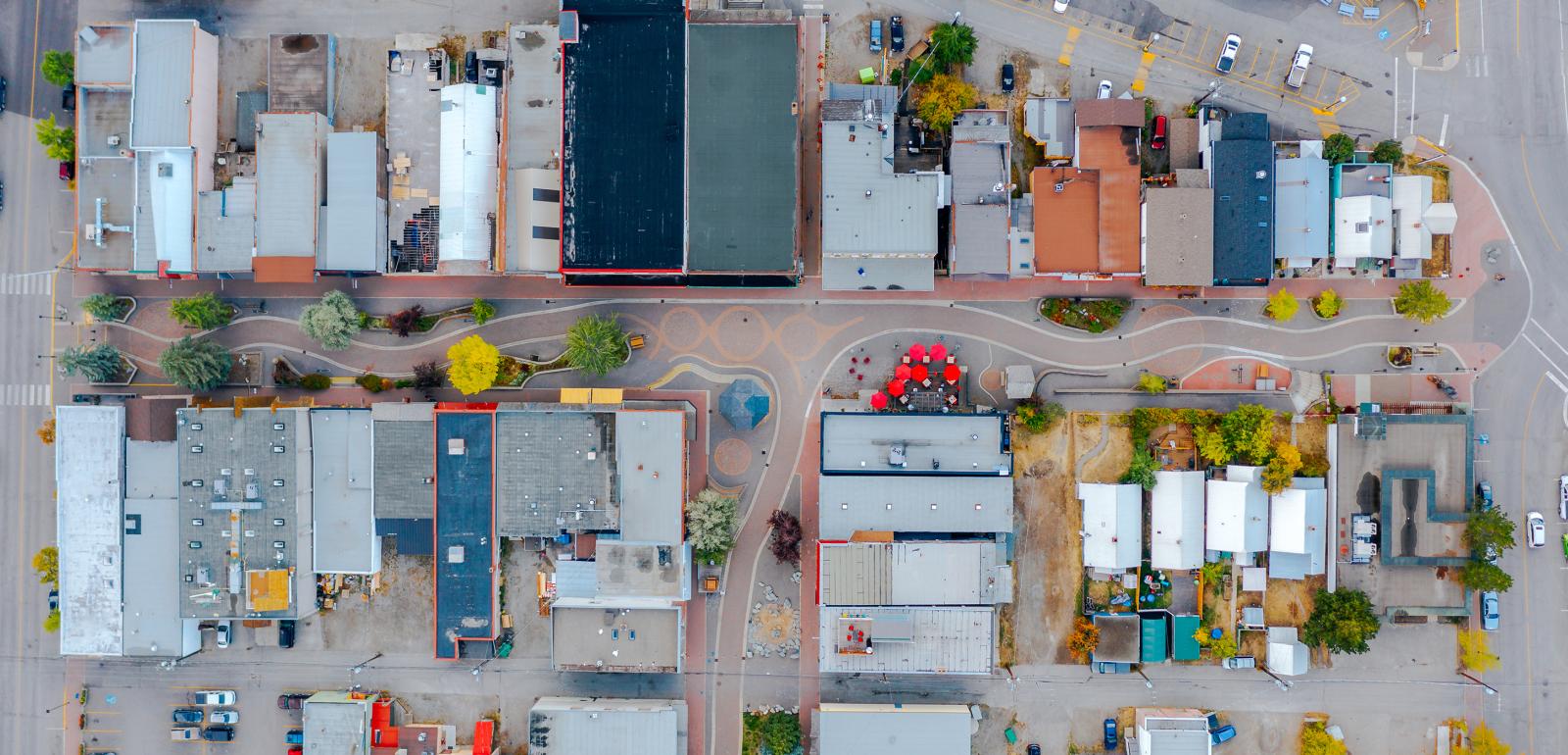
WildSafeBC Bin Tagging Education Program in Kimberley – 2023
Here is an important press release from WildSafe Kimberley Cranbrook Community Coordinator - Danica Lisk!
Garbage is the most reported wildlife attractant across the province that leads to conflict with black bears, Kimberley is no exception. It also leads to conflict with a variety of other wildlife including bears, wolves, coyotes, raccoons, skunks, rats, ravens, deer and more.
For those unaware, Kimberley’s Solid Waste Regulations and Fees Bylaw 2694, 2021 addresses garbage as a wildlife attractant. You will see WildSafeBC Community Coordinator, Danica Lisk, from now until the end of November 2023/ later in the evening driving around your neighbourhood (the night before your collection day) tagging bins with a sticker. This is a warning, if you have left your garbage out in the past your information may be passed onto Kimberley’s Bylaw Officer and/or the Conservation Officer Services and may receive a fine. There is no excuse as to why you can’t take your garbage out the morning of collection or arrange for your garbage to go to the transfer station as it is about 1km and free.
What is bin tagging? Bin tagging is an educational activity performed by a WildSafeBC Community Coordinator. It consists of placing a highly visible and removable sticker on containers set curbside on public property the day before collection or outside of times stated in local bylaws. WildSafeBC provides information on these bylaws but does not enforce them or deliver fines.
Garbage, compost, and recyclables set on the curb at night are attractants for many animals and is the leading cause of human-bear conflicts. Organic contents in our solid waste become an easy target and lead to food conditioning. Food conditioning is a learned behavior where animals begin to associate people, or our property, with a food reward. This can lead to safety concerns. With the absence of a food reward, wildlife is more likely to pass through our communities rather than remain to forage. This helps keep wildlife wild and improve community safety for our neighbours, friends, and family.
What can you do? Keep your garbage, compost and recyclables stored in a secure indoor location at all times except on the day of collection. Even empty garbage cans or recyclables can have smells or provide visual cues that may prompt a bear to investigate. If you do not have a secure enclosure, and are not able to build one, then consider investing in certified bear-resistant containers that are secured to a structure so that they cannot be dragged away. You can also consider freezing smelly food waste until the morning of collection.
WildSafeBC Kimberley-Cranbrook is grateful for the generous support the program receives from its funders.
XXX
Media Contact:
Danica Lisk
Kimberley-Cranbrook WildSafeBC Community Coordinator
250-908-8101
Website: www.wildsafebc.com